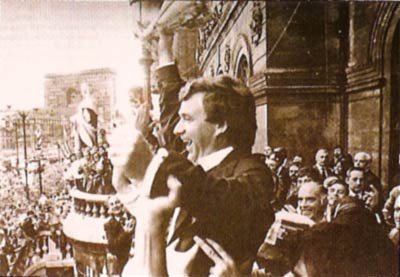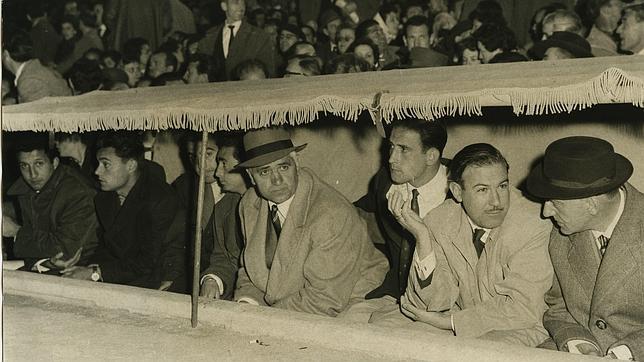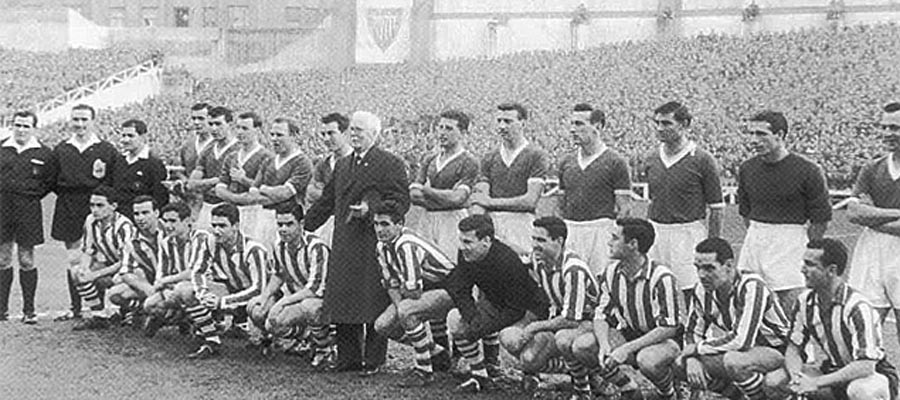Last update 17 September, 2015 por Alberto Llopis
Athletic Bilbao is one of the great historically speaking Spanish football. The Basque side, It is next to Barcelona and Real Madrid, one of the three teams that have played every edition of the Spanish Primera Division. A very creditable fact if we consider that 2 first host players from anywhere in the world and have always had more power than the rest and Athletic is home to a peculiar philosophy and almost only.
It off the windows of the lions welcome 23 King's Cups, 7 leagues and 2 Super Cups Spain making clear that we are facing one of the 5 Spanish football greats. That's why, in Colgados we wanted to choose those who are to our liking by numbers, data and titles, the top five coaches in the history of Athletic Bilbao. Like any list, It is very subjective. These are our five.
1-Frederick Pentland: It was another time, it is clear that we are talking about the prehistory of football but Mr Pentland is the coach with the most titles in the history of Athletic football but that time was anything. With English on the bench, where he was in two different stages, Athletic won 2 leagues and 5 Cups between 20 y 30, before the war.
2-Javier Clemente: the Barakaldo is a guy with a special character, of a different kind and possibly one of the best coaches in the history of Athletic. Con 240 matches officiated in two different stages on the bench Lions, 2 leagues and 1 King's Cup, Javi good was the famous coach doublet 1984.

3-Joaquin Caparros: Utrera technician did not win any title with the Athletic yet, under his leadership the club experienced a substantial change. With him on the bench, Athletic went from a dark years to a more reliable team putting the seed of a current Athletic. Under his leadership they debuted some of the beads as a teenager Muniain Lezama, Markel Susaeta and Iturraspe. He was runner-up Cup 2009 as coach of Athletic.
4-Loco Bielsa: It was not many years Athletic, specific 2 yet its label was marked at San Mames. Being a reputable trainer, by its peculiar methodology, It marked by its way of being and being the coach who led the Athletic 2012 the final of the Europa League losing to Atletico Madrid and the Copa del Rey who also lost to Barcelona. However. I've won a title, I would have put a finishing touch to your stay in Bilbao.
5-Fernando Daucik: Ferdinand Daucik decided to put a name to be over by house after fleeing the iron curtain to reach Spain among others with Kubala, it was renamed Fernando. Huge tour coach in Spanish football, ganó 1 league and 2 Cups in 50 making a doublet as Clemente 1955.

Of course the history of Athletic Bilbao have spent hundreds of coaches and many other mythical and good. We can not fail to mention Jupp Heynckes, al “machote” Luis Fernandez who won the runner-up 1998 and thus the first qualification for the Champions League with the format known today, Urquizu, Koldo Aguirre, Ernesto Valverde the same and a long list of technicians who have contributed to the long and rich history of one of the greats of Spanish football, Athletic Club Bilbao.

